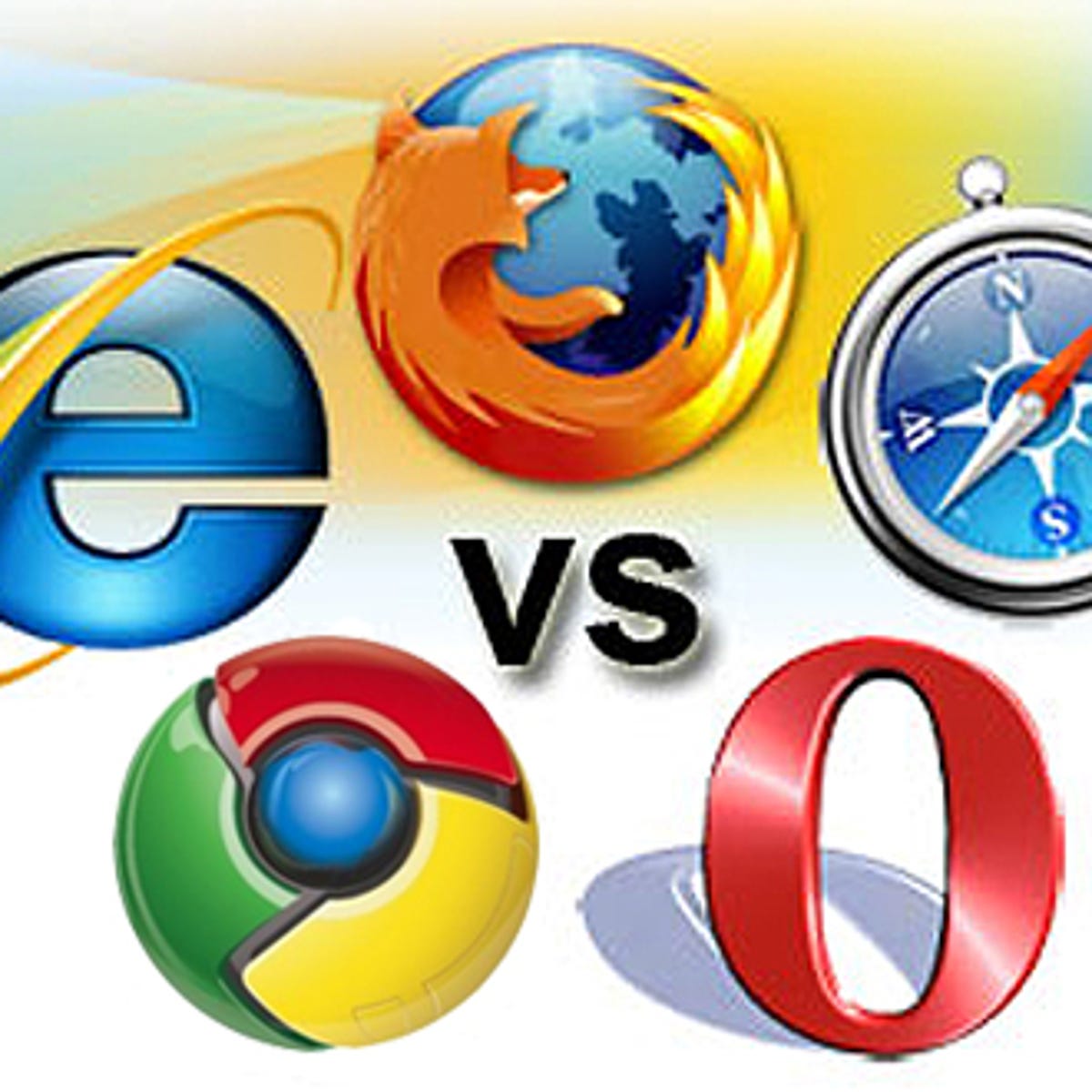Google Chrome and Internet Explorer are two popular web browsers that are widely used by individuals and organizations across the globe. Both browsers offer a range of features and capabilities that make them suitable for different types of users and purposes.
One of the key differences between Google Chrome and Internet Explorer is the underlying technology. Google Chrome is based on the open-source Chromium project and uses the Blink rendering engine, while Internet Explorer is a proprietary product of Microsoft and uses the Trident rendering engine. This means that Chrome is developed and maintained by a community of developers, while Internet Explorer is developed and maintained by Microsoft.
Another difference between the two browsers is the level of support they offer for web standards. Google Chrome is generally considered to be more compliant with web standards than Internet Explorer, which can result in better performance and compatibility with a wider range of websites and web-based applications.
In terms of user experience, Google Chrome is known for its simplicity and ease of use. It has a clean interface with minimal distractions, and it offers a range of tools and features that make it easy to navigate the web. Internet Explorer, on the other hand, has a more cluttered interface and can be more difficult to use for some users.
In terms of performance, Google Chrome is generally considered to be faster and more efficient than Internet Explorer. It uses less system resources and can handle complex web pages and applications more effectively. Internet Explorer, on the other hand, can be slower and more prone to crashes, especially when running on older or underpowered systems.
In terms of security, both Google Chrome and Internet Explorer offer a range of security features to protect users from online threats. However, Google Chrome is generally considered to be more secure than Internet Explorer, as it is more frequently updated and is less prone to vulnerabilities.
In conclusion, Google Chrome and Internet Explorer are both popular web browsers that offer a range of features and capabilities. While they share some similarities, they also have some key differences, such as the underlying technology, support for web standards, user experience, performance, and security. Ultimately, the choice between the two will depend on the specific needs and preferences of the user.






